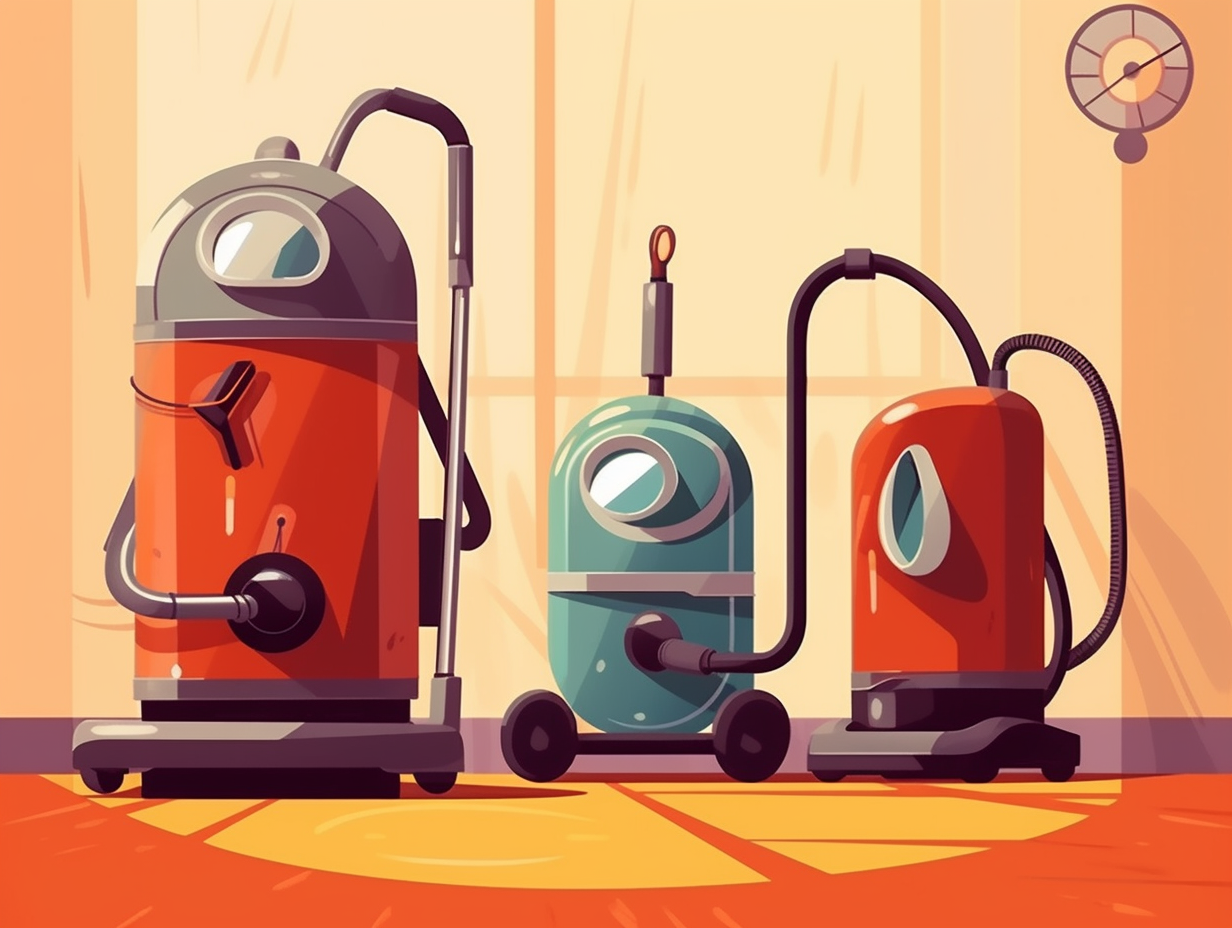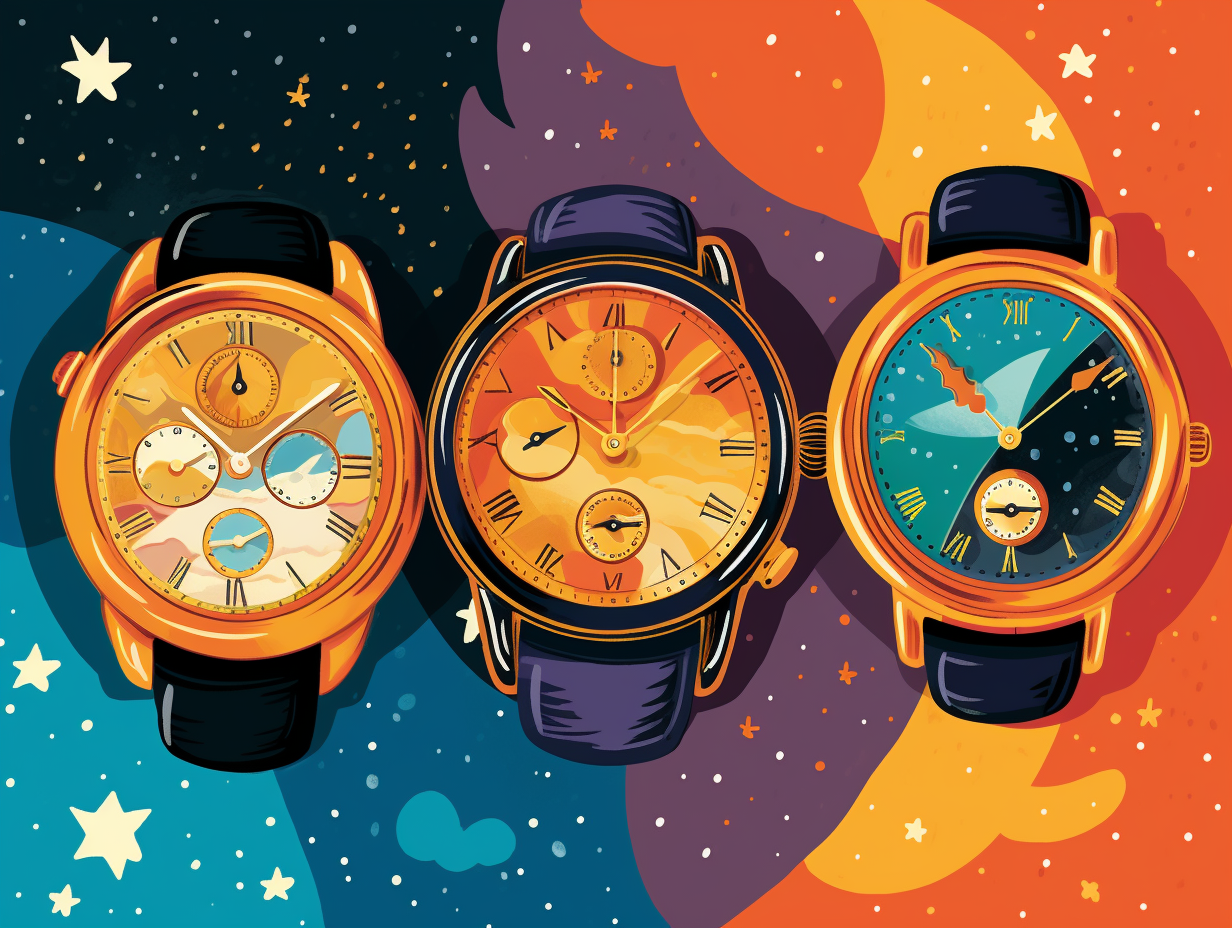Top 8 Unexpected Fun Facts About Vacuum Cleaners: Discover the Surprising History and Evolution!

1. Vacuums Go Gatsby
Gather round, folks, as we dust off a tale from the roaring twenties, when vacuum cleaners swooped from luxury to necessity with the electric swagger of a "Great Gatsby" shindig: As manufacturing and advertising innovations took center stage, brands like Hoover and Eureka made vacuum cleaners affordable for the average American household, turning these electric marvels into household essentials, leaving not even the affluent with an excuse for dusty abodes.
Source => digitalhistory.uh.edu
2. Spangler & Case: The Dynamic Duo
Before vacuum cleaners made their way into our homes to swoop up dust bunnies like a hungry Pac-Man, they were merely a glimmer in the eyes of a group effort featuring James Murray Spangler, Francis Mills Case, and their collective genius: The modern vacuum cleaner is actually the result of Spangler's invention of the first portable electric suction cleaner, and Case's engineering prowess, which improved the design with additions like bearings, an aluminum housing, and repositioned wheels - all combining to create the dirt-sucking wonders we rely on today.
Source => cantonrep.com

Did you know about the intense patent war in the world of sewing machines during the 1800s? Discover how Elias Howe's patent changed the game and gave rise to the powerful Singer company! 🧵💥
=> Fun Facts about Sewing-Machines
3. The Royal "Puffing Billy"
Long before powerhouses like Dyson sucked up the competition, there was an unwieldy behemoth dominating the dirt with its roaring chorus: Meet Hubert Cecil Booth's 1901 "Puffing Billy," a 5 horsepower piston pump-driven vacuum cleaner fueled by petrol or electricity. The sizeable contraption charmed the elite and cleaned the Westminster Abbey carpets for Edward VII's coronation – making it a royal hoot!
Source => time.com
4. Light as a Feather: Modern Vacuums
Gone are the days of bodybuilding with your vacuum cleaner, as today's lean, mean, dust-sucking machines have all the brawn without the bulk: Modern lightweight vacuums weigh a mere four pounds, offering hassle-free portability and reducing physical strain, transforming your cleaning routine into a delightfully breezy affair.
Source => rtings.com

5. Bucking(ingham) the Dust
When her Majesty's not amused, the dirt busts a royal move: The first vacuum cleaner was invited to Buckingham Palace and shook off enough dust and dirt to make a Prince's jaw drop, firmly establishing its regal cleaning prowess.
Source => sciencemuseum.org.uk
6. When Vacuums Scream, Dogs Bark
When vacuum cleaners "bark" back: Some dogs develop a fear of these household contraptions due to negative experiences or high-pitched noises that can distress their sensitive ears, so it's essential to gently introduce your canine companion to the vacuum to help them overcome their trepidation.
Source => animalsmatter.com
7. The Trilobite's Dance of Doom
Before Roomba was busy stealing hearts and dirt alike, there was another robotic suitor courting your floors: Behold the impatient debutante, Electrolux Trilobite! The 1996 Swedish import who aimed to sweep you off your feet, but often ended up bumbling into furniture instead: In fact, Electrolux of Sweden manufactured the first robotic vacuum cleaner in 1996, but had to let it go due to its non-effective sensors causing unwanted collisions with household items, paving the way for the Roomba – iRobot's gift to mankind in 2002 – to perfect the art of detecting debris and avoiding falling for stairs.
Source => fivestepcarpetcarenc.net
8. Vacuum Cleaners: The Final Frontier
Next stop, intergalactic housekeeping: Russian cosmonaut Anton Shkaplerov boldly went where no vacuum cleaner had gone before, as he hitched a ride aboard one at the International Space Station. This whimsical cosmic carousel was shared with the world via Twitter, set to the empowering tune of "I Believe I Can Fly," while also serving as a reminder that the humble vacuum cleaner—specifically, the Dustbuster—owes its earthly incarnation to the Apollo program's quest for a compact lunar drill.
Source => newsweek.com
Related Fun Facts




















